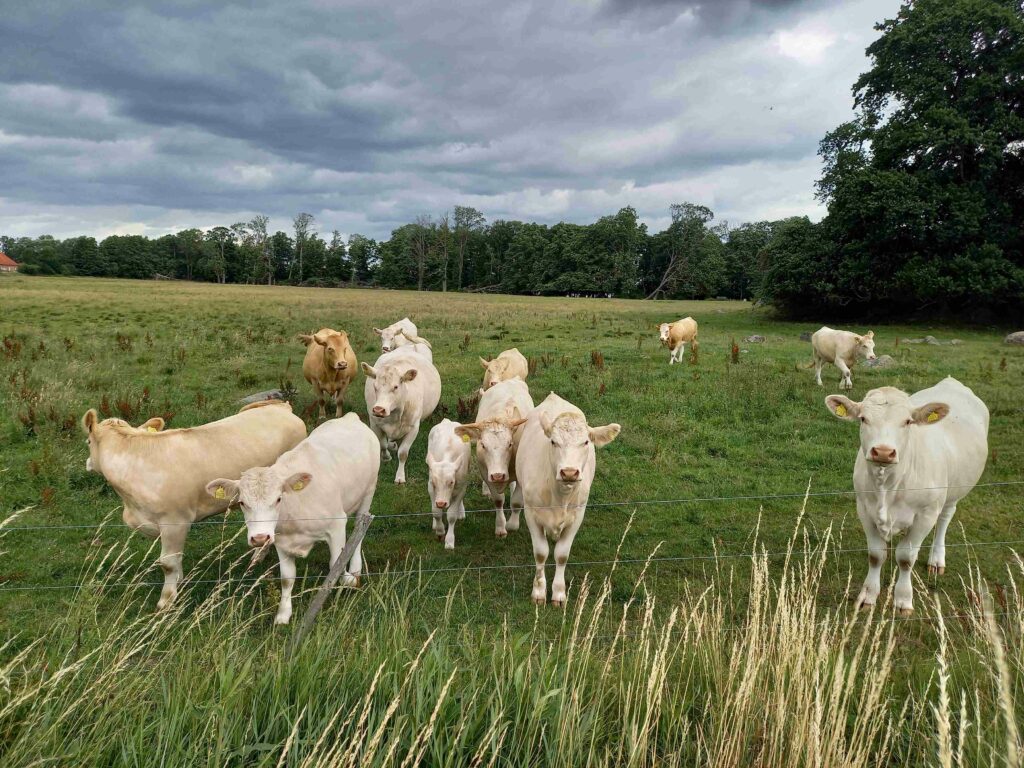Amid the on-going strategic dialogue on the future of agriculture in Europe, new investigative reports show the influence and background of lobbyists claiming to represent farmers in the EU.
Lighthouse Reports, an investigative consortium, has investigated some of the key figures representing farmers, and how they are doing their job, in France, Italy, Germany and Poland. The investigations have a national focus and were carried out in collaboration with newspapers in the countries concerned. By gathering testimony and searching company records, they built profiles of the most influential lobbyists.
The already published investigations show that the representation of European farmers is concentrated in the hands of a few people who bear little resemblance to the average farmer they claim to speak for. They are much wealthier, sit on the boards of multiple companies and have close links with “Big Ag” companies whose interests can be opposed to those of farmers.
The investigation in Germany by Jost Maurin was published on Saturday by the independent daily Die Tageszeitung (taz). It has a somewhat broader focus than the other investigations as it also deals with the implications of the lobbying by farmer representatives for EU’s strategic dialogue on the future of agriculture.
As previously reported, the dialogue was launched by the European Commission in January amid farmer protests in several EU member states. The aim of this new forum is to shape a shared vision for the future of the EU's farming and food system. The ideas are expected to influence legislative proposals after the elections to the European Parliament in June.
27 participants received a personal invitation letter from the Commission president. The choice was political and reflects the diversity of stakeholders. The list has not been published and apparently not much will be disclosed during the process because of the need of confidentiality to preserve trust between the participants.
The dialogue is chaired by Professor Peter Strohschneider, a German linguist and historian, who was appointed because of his experience in managing processes involving stakeholders with different interests. He was chair of a similar strategic dialogue in Germany, the “Commission for the Future of Agriculture” (ZKL), which published its report in 2021.
Earlier this week, he met the college of commissioners. The meeting was meant to provide the commissioners an opportunity to present their views and inputs to the work of the strategic dialogue but nothing has been disclosed from the meeting. The Commission’s chief spokesperson, Eric Mamer, confirmed in a tweet on Wednesday that the report is expected by the end of the summer.
A source close to the talks told Euractiv, “We’re still not close to defining agreements.” The source added that the parties were only now starting to discuss in more detail the four main topics in its mandate: giving farmers a better economic perspective, supporting agriculture within the boundaries of our planet and its ecosystem, using technological innovation, and promoting Europe's food system in a competitive world.
The ZKL in Germany was tasked with making a proposal for an ecologically, economically and socially sustainable agriculture and food system. Professor Strohschneider admitted at the launch of the dialogue that the recommendations in the report had not yet been implemented but added that they had been brought to the fore again in Germany because of the recent protests by farmers.
However, judging by the investigative report published yesterday, the farmer representatives in Germany have a record of broken promises. "The farmers' association is playing a double game," says Martin Kaiser, Executive Director of Greenpeace Germany, who left the ZKL in protest in 2021.
Hannes Lorenzen, chairman of the Arc2020 group, which advocates a reform of EU’s agricultural policy, believes that strategic dialogue is only intended to pretend to be about real exchange. "I told all non-governmental organizations: don't go there. The farmers' associations will not move a millimeter,” he is quoted in the report.
This time, lobbyists will have to fight an up-hill battle to influence MEPs in the new European Parliament after the elections. More and more candidate MEPs are signing the pledge in the Vote for Animals campaign, run by Eurogroup for Animals and its members. By now, ca 700 candidate MEPs have pledged to improve animal welfare if they are elected to the European Parliament.
Among the pledges is a commitment to work for the appointment of a European Commissioner with responsibility for animal welfare in the EU. A special campaign focusing only on this issue started last year and collected 206 signatures in the current Parliament. The campaign, targeting candidate MEPs from existing political party groups, continues on #EUforAnimals website, supported by social media, and has collected more than 180 signatures by now.
Improving animal welfare and completing the overhaul of EU’s outdated animal welfare legislation will also have implications for Europe’s agriculture and food system.
“Our hopes for the strategic dialogue is to depolarize the debate around agriculture,” Reineke Hameleers, CEO of Eurogroup for Animals, told The Brussels Times. “Improving animal welfare in agriculture and shifting towards sustainable food systems is a win-win-win situation.”
“It is a win for the animals, who are currently poorly protected by outdated animal welfare legislation; a win for farmers, who should be supported in their transition to creating stable demand for healthy, sustainable products, and a win for consumers, to have accessibility to food that is good for their health and the planet.”
M. Apelblat
The Brussels Times

